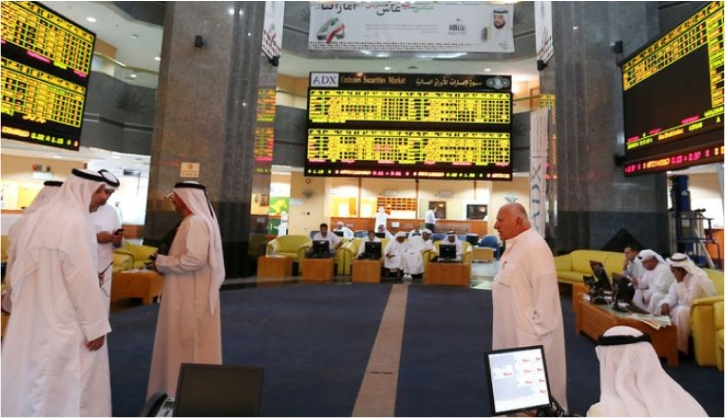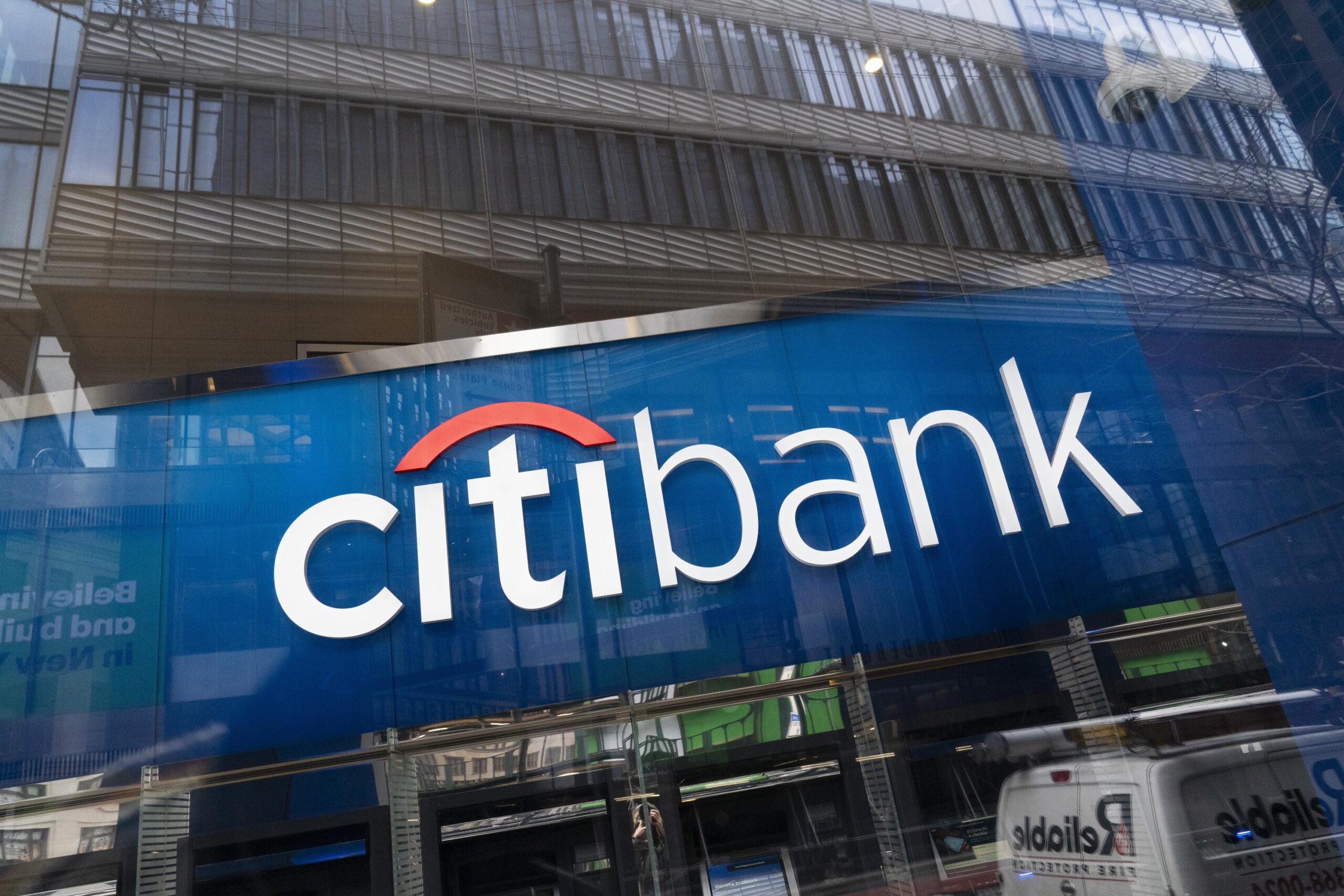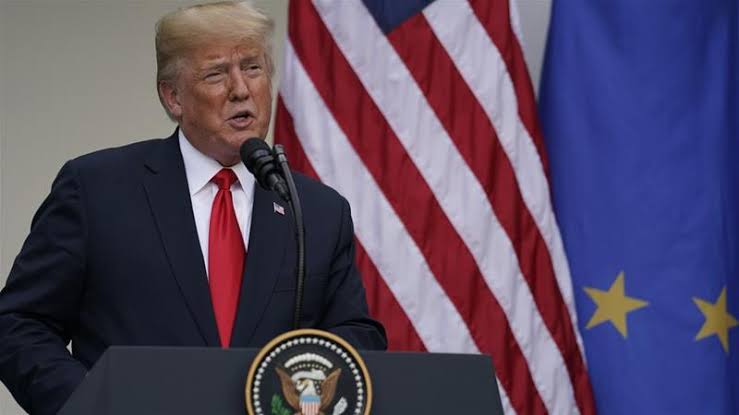U.S. shares market whipsawed in the wake of hawkish Fed comments that have led traders to price in an interest rate hike when the Fed meets September 20-21, to determine interest rate policy. Fed presidents have been on the tape ahead of the blackout period when they are forbidden to speak to the public, guiding the markets to a potential rate increase. Presidential candidate Donald Trump in an interview with CBNC added to market volatility by calling out the Fed as political. Crude oil prices continue to remain volatile as hurricane season kicks into full gear.
Trump said that rates remain at zero because “Fed Chair Janet Yellen and central bank policymakers are very political, and Yellen should be ashamed of what she’s doing to the country, adding the Fed is not even close to being independent.” Trump said he would doubt that interest rate would change while Obama was in office and that the “next guy”, which he likes the sound of, would suffer the consequences since the markets would crash as soon as the Fed increases interest rates. He said that the markets are currently artificially high and that zero rates are not normal.
Following the Trump interview on CBNC, the Fed’s Kashkari noted the Fed’s independent character, contradicting Trump’s claims,where the presidential candidate cast doubts that that was the case. Politics doesn’t factor into the FOMC’s decisions, even though policymakers may have differing personal views.
The non-voting Minneapolis Fed president wonders why there’s ongoing slow growth, low inflation, and low rates. He believes demographic is driving the low rate environment, and demographics is not a problem for monetary policy makers to try to solve. He’s monitoring inflation closely and wants more movement in core inflation. He doesn’t think it’s constructive to speculation on near-term monetary policy decisions. The August jobs report was ok, but not terribly good, though he doesn’t see any urgency to act.
The yield on the 10-year German Treasury touched a high of 0.57% which was a reflecting of the backup in European yields, moved to their highest level since late June when the U.K.’s vote to leave the European Union triggered a rush to safety. In Japan, yields on the 10-year government bond hovered just below zero, from a low of minus 0.29% in late July. In the U.S., where the yield on the 10-year Treasury note was up slightly at 1.69%.
Energy shares were under pressure as crude oil reversed some of their gains following one of the largest draws in crude oil on a weekly basis on record. The 14 million barrel draw in crude oil was likely a function of shut in cause by Hurricane Hermine. Activity in the Atlantic remains consistent, as new Hurricane are currently forming putting upward pressure on petroleum and natural gas volatility. The hurricane season in the Atlantic can last until the end of October and usually begin during the beginning of July when the water begin to warm.

















